Every organization I meet has a crisis communications plan. It's usually a thick binder or a comprehensive digital document, carefully crafted and properly filed away. Here's the uncomfortable truth I've learned after helping Austin businesses navigate everything from accidents to viral social media disasters: most crisis plans are completely useless when crisis actually strikes.
I'm not saying this to be provocative. I'm saying it because I've seen well-intentioned plans crumble under the pressure of real-world chaos, and I've learned what actually works when everything is falling apart.
The Planing Paradox
Traditional crisis planning focuses on anticipated scenarios and predetermined responses. We map out decision trees, craft holding statements, and assign roles with military precision. It feels comprehensive and reassuring. The problem? Real crises rarely follow our scripts.
When a local restaurant faces a kitchen incident, their crisis plan might call for a formal statement within 24 hours. But the story moves at internet speed—comments, shares, and news pickup happen by the hour. A carefully planned response timeline becomes immediately obsolete.
What Actually Matters in a Crisis?
After years of crisis work, I've identified what separates organizations that weather storms from those that get washed away. It's not about having the perfect plan—it's about building the right reflexes.
First, speed trumps perfection every time. In our hyperconnected world, silence is interpreted as guilt or incompetence. A quick, honest acknowledgment buys you credibility and time to craft a more complete response.
Second, authenticity beats polish. Audiences can spot corporate-speak from miles away, and it erodes trust faster than the original crisis. The businesses that recover strongest are those that communicate like human beings, not PR machines.
Third, internal communication determines external success. If your team doesn't know what's happening or what to say, that confusion will leak out in a thousand small ways.
Instead of just planning for crises, we need to build organizational muscle memory. This means regular scenario exercises—not formal tabletop discussions, but quick, unscripted moments where teams practice rapid response. Empowering your front-line staff to make initial responses without waiting for executive approval could be a great reflex to strengthen. And it means accepting that perfect messaging matters less than timely, honest communication.
Your crisis plan should be a lightweight framework, not a rigid script. Focus on principles, not predetermined statements.
